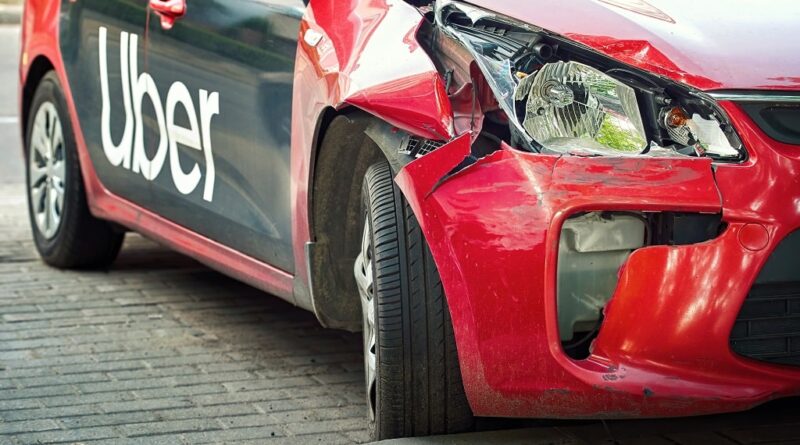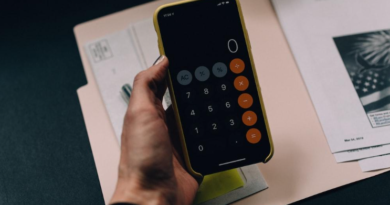Who Pays for Medical Bills and Repairs After a Rideshare Accident in Florida?
Rideshare services like Uber and Lyft have transformed transportation in Florida, offering convenience and affordability. However, when an accident involving a rideshare vehicle occurs, determining who is responsible for medical bills and vehicle repairs can become complicated. Since multiple parties and insurance policies may be involved, understanding your rights and options for compensation is crucial.
Understanding Rideshare Insurance Coverage
Rideshare companies provide insurance for their drivers, but coverage varies depending on the stage of the ride. The liability coverage available depends on whether the driver was logged into the app, had accepted a ride request, or was transporting a passenger.
Rideshare Insurance Periods
- Driver Logged Out of the App
- The driver’s personal auto insurance applies.
- Uber and Lyft provide no coverage in this scenario.
- Driver Logged Into the App but Has Not Accepted a Ride
- Limited coverage applies: $50,000 per person for bodily injury, $100,000 per accident, and $25,000 for property damage.
- Driver Accepted a Ride Request or Has a Passenger
- Uber and Lyft provide $1 million in liability coverage.
- This includes coverage for injuries, vehicle repairs, and property damage.
If another driver causes the accident, their insurance should cover the damages. However, if they are uninsured or underinsured, Uber and Lyft offer additional coverage to protect passengers and drivers.
Who Pays for Medical Bills After a Rideshare Accident?
Florida follows a no-fault insurance system, meaning that Personal Injury Protection (PIP) coverage is the primary source of medical bill payments, regardless of who caused the accident.
- Passengers: If you were injured as a rideshare passenger, your own PIP coverage may cover initial medical expenses. If you do not have car insurance, Uber or Lyft’s insurance may apply.
- Rideshare Drivers: If the accident happened while you were logged into the app, your rideshare company’s insurance may cover your medical expenses after PIP benefits are exhausted.
- Other Drivers: If you were involved in an accident with a rideshare vehicle, your PIP insurance covers your medical bills up to the policy limit.
In severe accidents where medical expenses exceed PIP coverage, victims may file a claim against the at-fault driver’s insurance policy or seek compensation through Uber or Lyft’s liability coverage.
Who Covers Vehicle Repairs?
The responsibility for vehicle repair costs depends on who was at fault for the accident.
- If the Rideshare Driver is at Fault:
- Uber and Lyft’s liability insurance covers damage to third-party vehicles.
- If the rideshare driver has collision coverage on their personal policy, they may be eligible for additional compensation.
- If Another Driver is at Fault:
- The at-fault driver’s insurance should cover vehicle repairs.
- If they are uninsured, Uber and Lyft provide uninsured/underinsured motorist coverage to protect passengers and rideshare drivers.
- If You are a Passenger:
- You are not responsible for vehicle repair costs. The rideshare company’s insurance or the at-fault driver’s insurance should cover damages.
Who Pays for Uber Accidents in Florida?
Determining liability and securing compensation after an Uber accident can be complex. Florida laws and insurance policies dictate who is responsible for medical bills and vehicle repairs. If you are involved in a rideshare accident, understanding your rights is crucial. Learn more about Who pays for Uber accidents in Florida and how to seek compensation for your injuries and damages.
Steps to Take After a Rideshare Accident
If you are involved in a rideshare accident, taking the right steps can help protect your rights and ensure you receive fair compensation.
- Seek Medical Attention: Even if injuries seem minor, visit a doctor to rule out hidden injuries.
- Report the Accident: Call the police and file an official accident report.
- Gather Evidence: Take photos of the accident scene, vehicle damage, and any visible injuries. Collect contact information from witnesses.
- Notify the Rideshare Company: Report the accident through the Uber or Lyft app.
- Contact an Attorney: A lawyer can help navigate insurance claims, negotiate settlements, and protect your legal rights.
Conclusion
Rideshare accidents in Florida involve multiple insurance policies and legal complexities. Medical bills are primarily covered by PIP insurance, but additional claims may be necessary in severe cases. Vehicle repairs depend on who was at fault, with rideshare companies providing coverage under specific circumstances. Knowing your rights and seeking legal guidance can help you recover the compensation you deserve.




